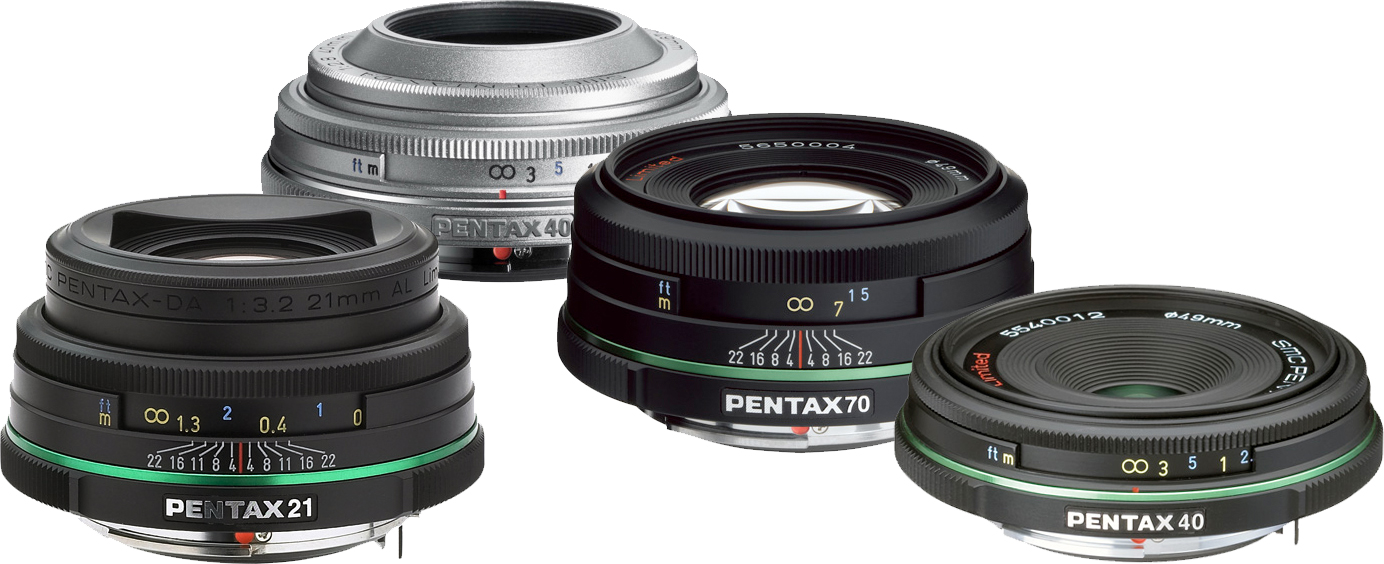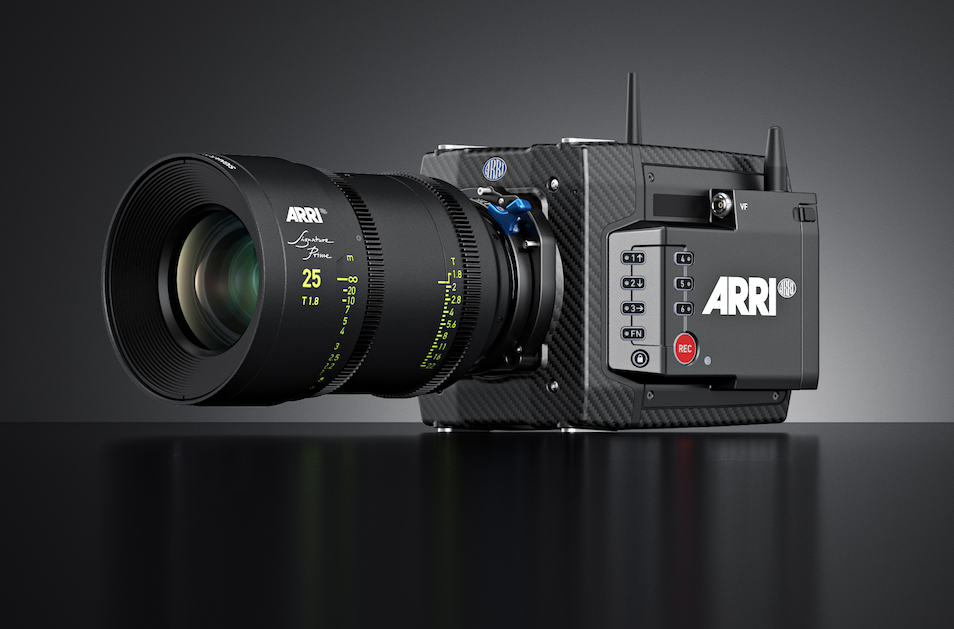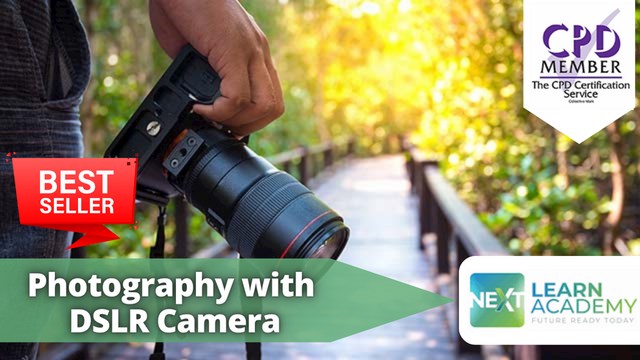
Being a photographer requires a natural curiosity as well as a willingness to step outside of your comfort zone. You need to be creative in order to create new ideas. Taking on new challenges will also increase your skill level. Be patient. Once you have developed these skills, you will be able to become a great professional photographer.
You can do things differently
A key part of being a great photographer is to master the traditional techniques. The trick is to combine the best of what has been done before in your own style. You should remember that people did it because they had to. But it's also okay to move in a different way.
Passion
Sometimes it can be hard to keep your passion for photography. It's easy to be distracted by the beauty of our surroundings and lose focus on the subject that we are trying capture. This can lead mediocre photos and a loss in focus. If we feel unappreciated or overwhelmed by responsibilities that are not related to our art, our passion may fade.

You can find your own passion in photography by asking the following questions: What kinds of images do I enjoy looking at?
Creativity
Photography is only as good as its creator. Creative people see the world in new ways and can use their imagination to create amazing photos. They will be able to bring the ordinary into the extraordinary and present it in a new way. Photographers who are creative and have the ability to think outside of the box are capable of doing this without following any rules.
Photography is not just about creativity. It's also important that the photographer can communicate his or her experience. Photographers need to be able communicate their experiences and images with a wider audience.
Patience
Patience is one of the most important mental skills for photographers. It can be difficult to cultivate patience. We live in an age that is focused on instant gratification. Many people are naturally impatient. However, patience can help you become a better photographer.

Being patient is a virtue when working with people. It is important to be patient when building a rapport with your subjects as a photographer. This means spending time getting to understand your subject and having an open mind. This will translate into better portraits.
Good equipment
One of the most important pieces of equipment for photographers is a camera. There are many options available and it is crucial to find the one that best suits your needs. A photographer who photographs portraits will require a different camera from someone who shoots stock photos. If you're planning to buy your own camera, take some time to consider what kind of shooting style you want to pursue.
Review the camera from other photographers before you buy it. These reviews will let you know what the pros and cons are and could reveal any problems. You can also view videos of the cameras that you're considering purchasing if you have time. You may even find some professional photographers who will comment on the pros and cons of certain cameras.
FAQ
What camera is the best for beginners, and why?
Your budget, your needs, and your skill level will determine which camera is best for beginners.
For instance, you could choose a point & shoot digital camera if your goal is to save some money. These cameras have a good quality, but they are not very versatile.
A DSLR (Digital Single Lens Reflex) camera has interchangeable lenses that let you shoot different types of shots. These lenses are usually more expensive than point-and shoots, but offer greater flexibility.
A beginner's kit is the best place to begin if you are new to photography. All you need is included in this package: a camera body and lens, flash, memory card, tripod and flash.
Make sure to purchase extra batteries.
How can I improve my smartphone's photography skills?
To take amazing photos, you don't necessarily need to have expensive equipment. Amazing images are possible with just a smartphone.
You just have to know how to use all its features and learn some basic techniques.
There are many apps available for both Android and iOS devices that make it easy to edit and share your pictures.
Here are five tips for taking better pictures.
-
Set Up Your Camera App. Your camera application should be already installed on your device. If not, download it from Google Play or Apple's App Store.
-
Use Filters & Effects. You can change the look of your photo with filters and effects without even touching it.
-
Adjust Exposure. You can adjust exposure to alter the brightness of your image.
-
Use the Right Lighting Bright light allows you to better see the details of your subject. Photographing in low light conditions allows you to capture the highlights and shadows of your image.
-
Take Pictures Of People. You can share the things that you love most by taking photos of others.
To learn more about how to take better photos, check out our article: 5 Tips To Improve Your Photography Skills On A Smartphone.
Should I begin photography as a hobby.
Photography is a wonderful way to share memories with family and friends. It allows you to discover more about the world.
If you are interested in learning how to take better pictures, there are plenty of resources available online to help you do just that.
You may also want to consider taking classes at local community colleges or art schools. This will enable you to make connections with other photographers who are able to give valuable feedback.
Is photography a good job?
Photography is an artistic form that allows one to capture and share moments in time. You can make a lot of money by taking up photography if you are willing and able to work hard. There are many options for professional photographers. Start by taking photos for your friends and family as a hobby. This would help you improve your skills and build confidence. Once you have mastered this stage, you can move on to paid assignments. The best photographers make a living by their art. Photographers may be asked to photograph people at parties and weddings. However, most professionals prefer to shoot commercial projects such as product shots or advertisements.
The key to becoming a successful photographer is to find out what type of photography you enjoy. Continue to practice, experiment and learn new techniques until your skills are perfected. You can't replace experience so don’t expect to be successful overnight.
When you are just starting out with photography, it is important to first master technical skills. Then, focus on creativity. Photography encompasses both technical and artistic aspects. Photography is a complex art that requires both artistic and technical skills. Understanding the basics of composition can help you achieve your goals faster.
It is important to consider whether you are interested in a full-time career or if you would like to work part-time. Some people combine their passions for photography with other careers. You might be able to work for a local newspaper while also pursuing freelance projects. Others choose to dedicate their entire time to photography. You have to put in the effort and be committed to any creative endeavor.
If you're serious about making a career in photography, you will need to invest a lot of time and effort. Think carefully about whether or not you are really ready to give your time and effort to this type of endeavor.
Why use Light Room to enhance your pictures?
The best way to ensure you have the perfect photos for your project is to start early. It is always better to take as many photos as you can and then choose the best.
This is possible because Lightroom lets you see how different settings affect each image. You can also adjust these settings on-the-fly without going back into Photoshop. This allows you to quickly test what looks great and what does not.
Is photography an artistic talent?
Photography is not an artistic talent. It is an art that takes practice, training and experience. To master any aspect of photography, it takes years of practice and study.
Photographing is a business that requires a plan.
To do this, you need to understand what kind of clients you want to attract and find ways to reach them.
You need to know who they are and what they want. To persuade them, you must communicate clearly and persuasively.
This means you need to be prepared and well-organized when meeting potential clients.
A portfolio of your work is essential in order to be able to approach potential clients. You can do this digitally or on paper.
Once you have compiled a portfolio of work, you should start looking for opportunities to display it. You can either approach businesses directly or advertise online.
What can I do to learn photography?
If you want to learn how to take great photos, there are many ways to do this. You could buy a book, attend a class, join an online community, watch YouTube tutorials, etc. If you really want to learn how to take pictures, it's best to do it yourself. You have full control over the final product. You will continue to learn and improve, so long as you are willing to keep learning.
One of the best aspects about digital photography is that it doesn't require any expensive equipment. All you need is a computer with internet access and a camera. The rest is up for you.
These are some suggestions to help you get started.
-
Learn how to use the manual settings on your camera.
-
Learn how the basic controls work.
-
Make sure to take lots of pictures.
-
Modify them.
-
Share them.
-
Keep practicing.
-
Experiment.
-
Explore different perspectives and angles.
-
Use light sources creatively.
-
Practice makes perfect.
-
Do not be afraid to fail.
-
Be patient.
-
Have fun!
Statistics
- There are people out there who will pick at flaws they can only see in 100% crops of your photos. (wikihow.com)
- Get 40% off Adobe Creative Cloud(opens in new tab) (creativebloq.com)
- By March 2014, about 3 million were purchased monthly, about 30 percent of the peak sales total. (en.wikipedia.org)
- That's the easiest way to get blurry photos 100% of the time. (photographylife.com)
External Links
How To
What skills are required to become a photographer?
Photography jobs require basic skills such as technical knowledge, artistic talent, and business acumen.
Technical knowledge includes understanding exposure, camera functions, lens type, film speeds, and developing techniques.
Understanding composition, lighting, and poses is essential to artistic ability. You also need to know how to use Photoshop and other editing software.
Business acumen includes budgeting, scheduling and time management. It also involves dealing with clients.
A passion for photography is essential if you are to become a professional photographer.
Learn about photography online, at school or in college.
Many books are available to help you learn all aspects of photography.
Learning about photography is only half of the battle. It is equally important to find your own style.
This will help you stand out from others who work in this field.
Photography has evolved over the years. In the past, people used cameras like the Kodak Instamatic and Polaroid instant cameras.
Digital cameras are now more popular than ever. Today, the majority of photographers use their smartphones to shoot photos.
You can buy a smartphone with high-quality photos, but if your goal is to become a professional photographer, you will need a DSLR (Digital Single Lens Reflex) to take great pictures.
You can control every aspect of your photos with a DSLR including shutter speed (speed), aperture, ISO sensiblity, white balance and focus.
These features allow for you to create incredible photographs and effects.
These controls can also be used to alter the mood in your photograph.
For example, a fast shutter speed could blur your subject.
You can also make the images appear as if they are moving by increasing their light input.
Adjusting the scene's hue can change the mood.
If there is too much blue light, you can adjust the red content to make it feel warmer.
It may be difficult at first to determine which direction your camera should point.
You will soon see that it isn't so difficult once you have mastered the basics.
It's much simpler than you think!
It is likely that you will only start out shooting landscapes or close-up shots when you first begin.
Don't worry; you will learn to capture everything, from portraits to abstracts.
After mastering the basics of the subject, you can move onto more advanced topics.
Here are some tips to help you get started:
-
You should choose a beautiful location. Find somewhere that you can enjoy your time and relax.
-
Find something interesting to photograph. Find unusual and unique things to photograph.
-
Practice photos are a must. Practice makes perfect!
-
Experiment with different angles. You can hold your camera at different angles depending on what you want to accomplish.
-
Use different lenses. Different lenses can offer you different perspectives.
-
Try shooting in low-light conditions. Photography in bright sunlight can be challenging.
-
Practice framing your shot. When capturing images, framing is a crucial skill.
-
Learn how to set up your camera settings. You can improve your photography by spending time with your camera settings.
-
Keep learning new techniques. Photography is a vast subject. Visit local galleries, museums, libraries, and other venues to find out more.
-
Read books and magazines. Everything you need to know about photography can be found in books and magazines.
-
Join a club. Clubs for photographers often organize events that encourage members share their work.